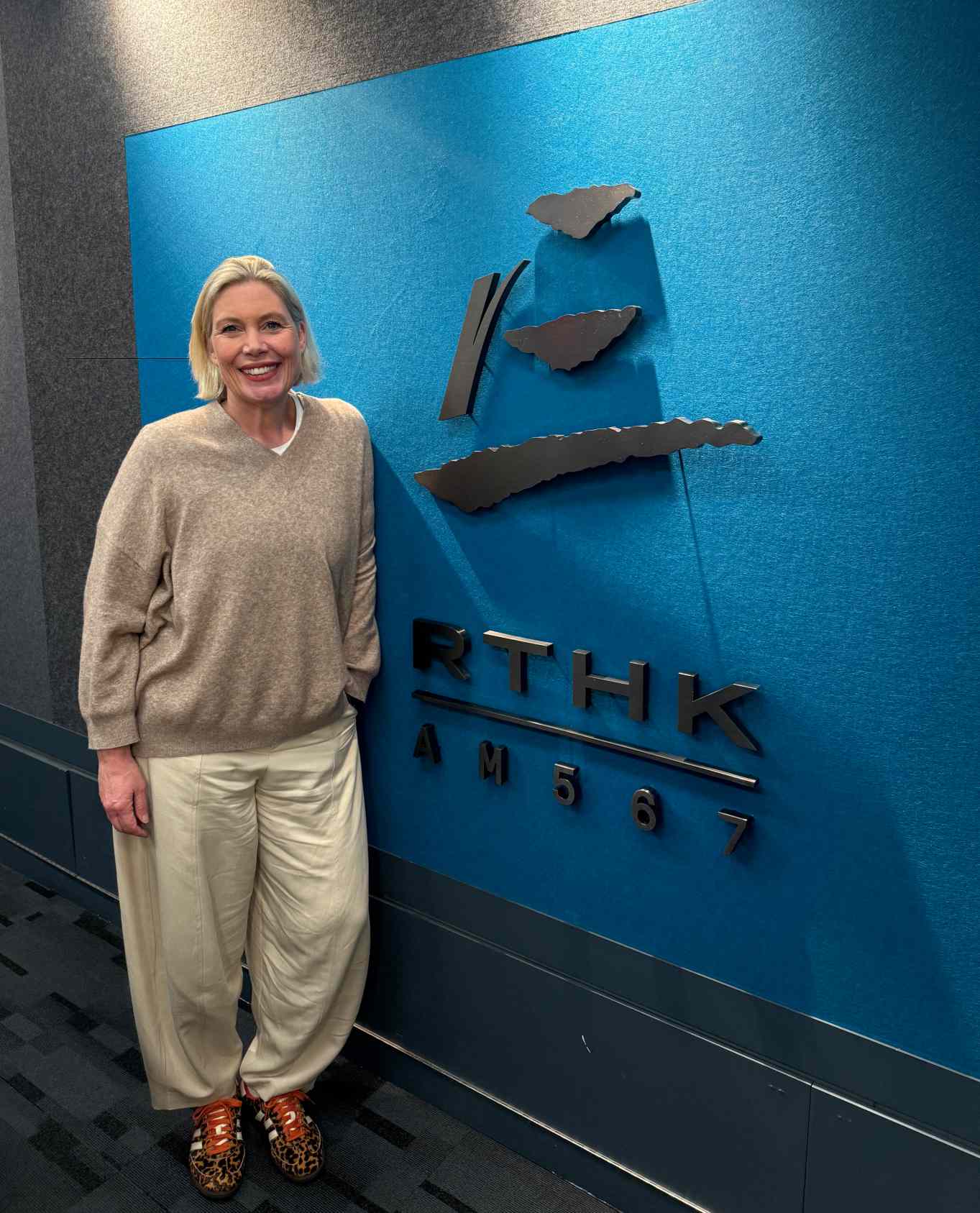Listen to #Hashtag Hong Kong every Sunday morning at 8.15
Focusing on issues affecting civil society, we'll hear from representatives of NGOs, associations, statutory bodies, and non-profit groups.
(Sundays 8.15am - 8.25am)

Good morning! Hong Kong can no longer treat women’s health as a niche issue. Women make up more than half of our population and live longer than men, yet they face worse health outcomes, heavier caregiving burdens, and a system designed largely around male bodies and data.
In 2022, Hong Kong had about 4.06 million women and 3.41 million men. When we talk about public health, we are largely talking about women’s health. Yet women’s labour participation remains below 50%, compared with more than 65% for men. Many cite family, health, or caregiving duties as the reason for not working.
Women live longer but not necessarily healthier lives. Globally, women spend about nine years in poor health—roughly 25% longer than men—and Hong Kong follows that trend. More women are living with chronic illness and unpaid caregiving roles. This is not just a personal burden; it’s a structural problem for our city.
The “gender health gap” means women often get sicker, suffer longer, and are taken less seriously when seeking care. Under‑research and under‑funding lead to misdiagnosis, delayed treatment, and therapies tested mostly on male bodies. Many women will recognise this: period pain dismissed as “normal,” endometriosis diagnosed after years of suffering, or menopause symptoms brushed off as stress.
Surveys show men and women in Hong Kong see gender equality very differently. Men tend to overestimate women’s access to opportunity and safety, while women report persistent barriers. In healthcare, this gap shows up as “medical gaslighting,” when women’s pain is downplayed or blamed on stress. As a result, serious conditions like heart disease, autoimmune disorders, or depression can go untreated for years.
One promising answer is **femtech**—innovation focused on women’s health. It includes cycle‑tracking apps, fertility and menopause platforms, pelvic‑floor devices, and AI tools personalised for conditions like PCOS or endometriosis. Demand is soaring, but these conditions have long received only a fraction of research funding.
Hong Kong is well‑placed to become a hub for women’s health innovation. Government bodies such as InvestHK and Science Park are incubating femtech start‑ups and hosting women’s health events. This momentum should continue, because the economic case is clear. A McKinsey study found that every dollar invested in women’s health can yield up to three dollars in GDP through higher productivity and participation. Advancing women’s health is both moral and economical.
The data reinforce the urgency. Breast cancer remains the leading cause of female cancer deaths in Hong Kong, yet screening rates lag, especially among lower‑income or older women. Only about 39% of eligible women receive Pap smears for HPV and cervical cancer—diseases that are preventable with early detection.
These gaps spill into the workplace too. Many women cut hours or leave jobs due to reproductive or chronic health issues. If we want more women in the workforce, we must normalise discussions of menstrual, fertility, and menopausal health, address mental strain, and ensure workplaces are designed with women’s needs in mind.
What can individuals do?
1. Talk openly about women’s health—periods, fertility, miscarriage, menopause, and mental wellbeing. Normalising these topics reduces shame and delays in care.
2. Use available tools. Attend community talks, use evidence‑based femtech apps, and try home screening kits where appropriate.
3. Keep up with screenings. Schedule mammograms, Pap smears, and other checks—and encourage friends and family to do the same. Early detection saves lives.
4. Challenge dismissive attitudes. When someone calls something “just women’s problems,” remind them women’s health is public health. Seek second opinions if something feels wrong.
5. Join clinical trials. Local research depends on participation to generate better, locally relevant data.
What more should government and institutions do?
1. Fund research and data. Back studies on women‑specific conditions, require sex‑disaggregated data, and update clinical guidelines accordingly.
2. Integrate women’s health in primary care. Expand subsidised screening and outreach, especially in under‑served districts, and make reproductive and menopause services standard in public clinics.
3. Support femtech responsibly. Offer grants and incubator space for women‑led start‑ups and ensure digital tools are evidence‑based and inclusive.
4. Create healthier workplaces. Encourage flexible work, period and menopause‑friendly policies, and benefits recognising fertility treatment, pregnancy loss, and caregiving.
5. Invite investors to step up. Women’s health is one of the fastest‑growing innovation markets—this is the time to invest.
Closing the gender health gap and investing in women’s health innovation isn’t only about helping women feel better—it’s about building a healthier, fairer, and more prosperous city for everyone.
